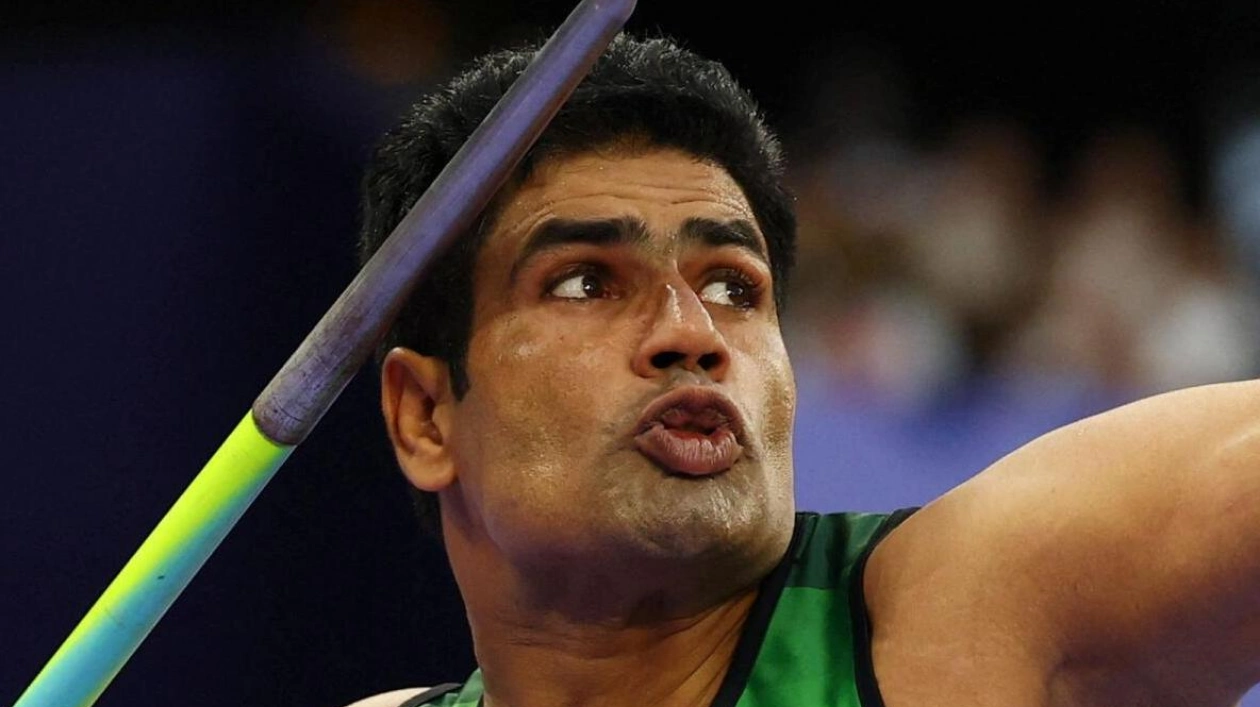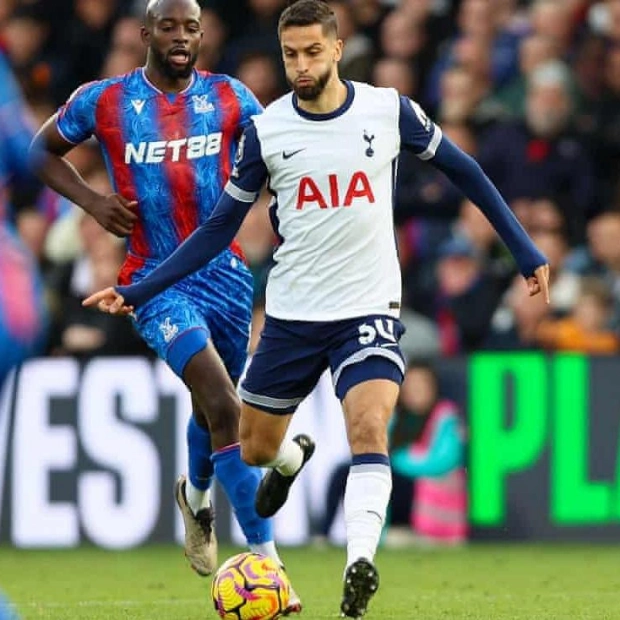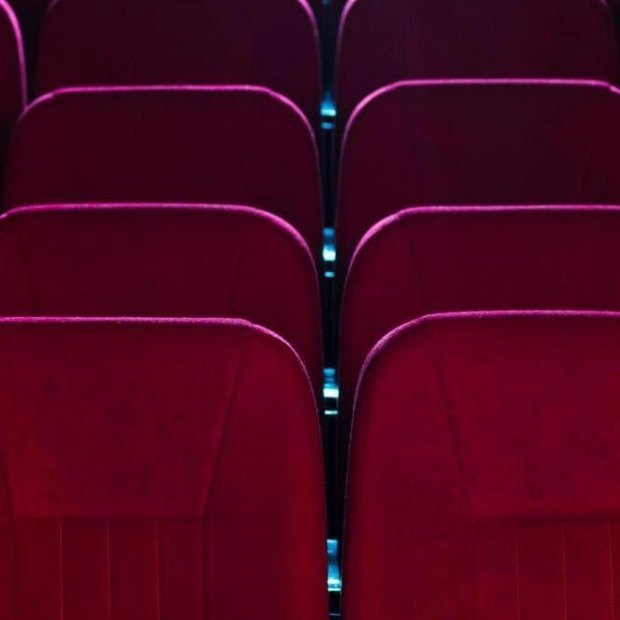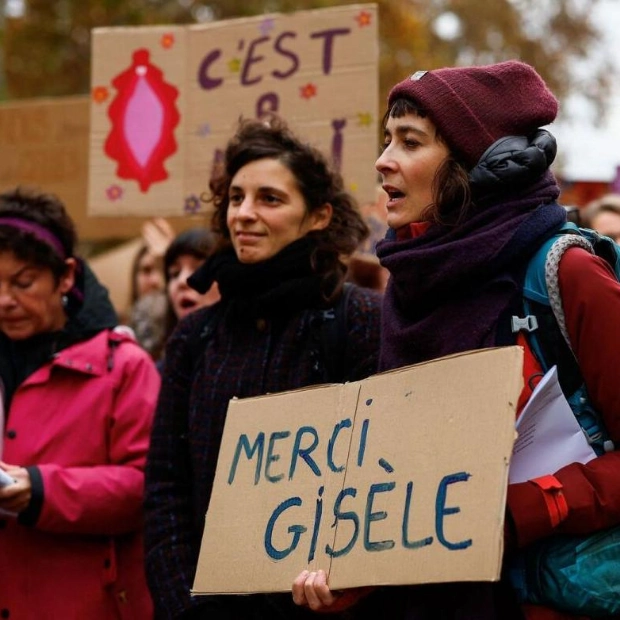It remains uncertain whether Arshad Nadeem, the man who rose from obscurity in Pakistan to make international headlines, is familiar with the myth of Achilles. However, it's more likely that he knows of Brad Pitt. The Hollywood actor's depiction of the legendary Greek warrior in 'Troy' may not have garnered universal praise, but his sculpted physique certainly made a striking impression. A week has elapsed since Nadeem etched his name in history, yet the more one reflects on his astonishing, record-breaking throw of 92.97 meters in Paris, the more one is reminded of Achilles—or rather, Pitt, who in the film hurls a spear from an incredible distance, instantly killing a soldier as Hector, portrayed by Eric Bana, watches in horror.
With a single formidable spear throw, Achilles demonstrated to the Trojans the formidable force they faced as the Greeks prepared for their monumental battle. It's intriguing to draw a parallel between this epic scene and Nadeem's extraordinary achievement at the Olympics, ironically rooted in ancient Greece. Nadeem has not only become Pakistan's first individual Olympic gold medalist but has also reshaped the landscape of javelin competition on the grandest stage. His rivals, including Neeraj Chopra, the star of Indian athletics who entered the Paris event as the clear favorite after winning gold at the 2020 Olympics and the 2023 World Championships, now face a monumental challenge. Despite his achievements, Chopra has yet to surpass the 90-meter mark, a feat Nadeem accomplished twice in Paris—less than two years after his 90.18-meter throw secured gold at the 2022 Commonwealth Games in Birmingham.
Nadeem's imposing physique, marked by his tall stature, broad shoulders, and powerful forearms, positions him well to outdistance his competitors. However, the true test lies in his mental fortitude: can he withstand the immense pressure of outperforming his rivals in an Olympic final? He secured silver at the World Championships the previous year, but the Olympics presents a unique challenge—a stage where athletes ascend to folk hero status and champions enter the realm of the immortal. For Nadeem, this was his moment to join the ranks of Olympic legends. Facing him were world-class athletes, many supported by robust sporting cultures, including a significantly improved Indian Olympic sports ecosystem since 2008. Against this backdrop, Nadeem delivered a throw that left his rivals in awe.
The expression on Chopra's face said it all. It wasn't just a defeat by a margin of three meters (Chopra managed 89.45 meters), but a daunting challenge for the 26-year-old to push his physical limits to match Nadeem's might. Only a handful of athletes have surpassed the 90-meter barrier, and Nadeem, confident and ambitious, has expressed his goal to exceed the world record of 98.48 meters set by Czech legend Jan Zelezny. Can Nadeem come close to matching Zelezny, a three-time Olympic and world champion who once threw over 90 meters five times in a single event? Nadeem's impressive throws in Paris—92.97 meters on his second attempt and 91.79 meters on his final attempt—have sparked discussions among sports analysts about his potential for even greater achievements.
Nadeem's journey, from a humble background with limited access to elite training facilities until his bronze win at the 2016 South Asian Games, is not just about the numbers. It's his perseverance and ambition that have made him Pakistan's first individual Olympic champion, in a cricket-dominated nation where past hockey and squash champions now seem like historical footnotes. Ramiz Raja, a pivotal member of Pakistan's 1992 World Cup-winning cricket team, acknowledged that Nadeem's achievements in Paris surpassed all expectations of a typical Pakistani sports enthusiast. "It's a world-class achievement, the pinnacle of individual performance, and a testament to human perseverance. It's an accomplishment that will inspire aspiring athletes to achieve the impossible," Raja told the Khaleej Times. "The path to greatness has been set by Arshad. It's now up to others to follow and claim their place on the podium of dreams!"
It's understandable why Nadeem's success has captivated Pakistan, a country with a proud cricket heritage. Tariq Butt, a seasoned cricket umpire in the UAE who played first-class cricket in Pakistan, expressed the greatest joy upon seeing Nadeem on the Paris podium with a gold medal. "I've been involved with cricket for over 60 years and have witnessed many famous Pakistan matches at Sharjah. But nothing has given me as much happiness and joy as Arshad Nadeem's Olympic gold," he said. Zaman Perviaz, another Pakistani expatriate, is still in disbelief over Nadeem's achievement. "In my country, many people didn't even know about the javelin throw," Perviaz remarked. "Considering the struggles he faced—lack of proper training facilities, funding—it's hard to express in words!"
Nadeem has been rewarded with millions of Pakistani rupees by both the federal and state governments for his historic feat. This sudden wealth is ironic for someone who reportedly relied on financial support from neighbors in his village just a few years ago to afford training and tournaments abroad. "The lack of support from authorities, lack of funds—many such stories are circulating now. Some are true, but I know he received good support from the government in the last two to three years," said Shahid Hashmi, a veteran Pakistani sports journalist. "However, I'm concerned about the excessive cash rewards given to him after his return from Paris. As a country burdened with debt, we must ensure that funds are also invested in training facilities for future athletes." Hashmi also worries that the frenzy in Pakistan could be a potential weakness for a talent like Nadeem. Butt, who observed how cricket stars managed fame during his time at Sharjah, believes Nadeem's humble background and strong family values will guide him on the right path. "I heard he plans to use the money to go on Hajj with his family. It's a touching gesture," he added. "Coming from a humble background, he understands that his Olympic gold is also the result of his parents', family's, and even neighbors' blessings and prayers. It's a beautiful way to show his gratitude to them."






